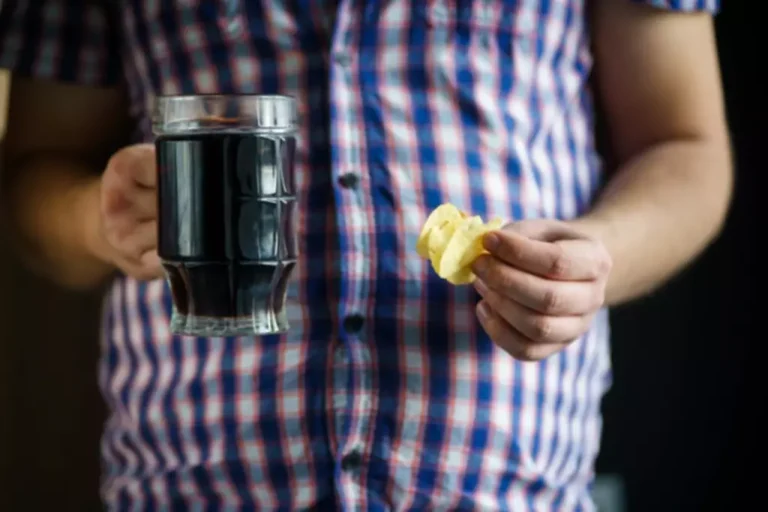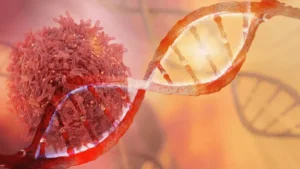
While it may seem like anger is the most common emotion caused by alcohol, it may not be that straightforward. Joel Touchet, a licensed marriage and family therapist from Fountain Hills Recovery, Fountain Hills, Arizona, adds that alcohol removes the filters and defense mechanisms we often use in daily life. It’s a central nervous system (CNS) depressant, which impairs your natural ability to perform cognitive functions like forming memories, making decisions, and regulating emotions or urges. Plus, we’re always introducing new features to optimize your in-app experience. We recently launched our in-app chatbot, Melody, powered by the world’s most powerful AI technology. Melody is here to help as you adjust to a life with less (or no) alcohol.
Scientific Explanation for Increased Anger in Some Drinkers
Lack of impulse control can make someone fly into a fit of rage or become aggressive rapidly. Alcohol makes it more difficult to control anger and other emotions. That’s because it reduces an individual’s self-control and internal inhibition. The hormone cortisol plays an important role in the body’s response to stress by increasing energy through increasing glucose levels and by increasing nutrient supplies through mobilizing fat and protein metabolism. Stress resulting from a person’s minority status can range from mild to severe and can be emotional or physical.
- Furthermore, alcohol can make you focus too much on specific words or behaviors from other people.
- It’s equally important that psychotherapists highlight this interaction both with clients who consume alcohol and those in relationships with them.
Moderate Your Drinking
The link between alcohol and aggression has been established since the 1990s, and a World Health Organization (WHO) committee in the 2000s noted aggression is more closely linked to alcohol use than any other psychoactive substance. Over time, heavy, excessive drinking characteristic alcoholic rage syndrome of alcohol misuse and AUD may result in brain damage and permanent personality changes. Seeking treatment for alcohol misuse, particularly through therapy, is often recommended. We’ve heard of the “raging alcoholic” or “angry drunk” stereotype, but is there any truth to the idea?

What are the common personality changes from alcohol?
Studies have estimated that up to 50% of alcohol-dependent males display violent behavior. Rage can be triggered by many things, over words at a social gathering, being refused another drink, or even from perceived slights. Managing and understanding the triggers for this aggressive behavior is critical when dealing with an angry inebriated individual especially when attempting to diffuse the situation.

Modeling Alcohol-Aggression Etiology: Instigating, Impelling, and Inhibiting Factors
- “It can be difficult to be aware of the impact of your emotions due to alcohol’s effect on the brain,” Metcalf explains.
- By seeking recovery for problems with alcohol and anger, you can work toward a more positive life.
- Maybe your friend is under a great deal of stress and their insulting you is out of character.
- This article discusses some of the facts behind the stereotype of the “angry drunk” and explores the connection between anger and alcohol.
- By ending alcohol misuse, you can make positive decisions with a clear outlook.
Emotional regulation skills and relapse prevention tools are also taught. Through behavioral therapy and counseling, a person is better able to recognize how their thoughts tie into their actions. They can learn to recognize potential triggers and how to safely manage them. Online programs like Ria Health can give you or your loved one access to coaching support, anti-craving medication, and helpful digital tools. Whether you want to reduce drinking or quit altogether Ria will partner with you to design a program to meet your personal goals.
Maybe your friend is under a great deal of stress and their insulting you is out of character. Perhaps you think about the many potential negative consequences of getting into a verbal or, even worse, a physical fight. This information, which could actually help you to hold back from being aggressive, is typically less salient than the overt, verbal insult. When alcohol fuels aggression, it’s a tough situation for everyone involved. The first step in managing this issue is understanding that there’s no one-size-fits-all solution.
- Increasingly, research offers answers to determine this interaction.
- Alcohol is a CNS depressant that can affect your ability to regulate emotions and keep a check on impulses.
- Support groups can be the first step towards recovery or part of a long-term aftercare plan.
The Link Between Alcohol and Aggression
Effects of Alcohol on Human Aggression
